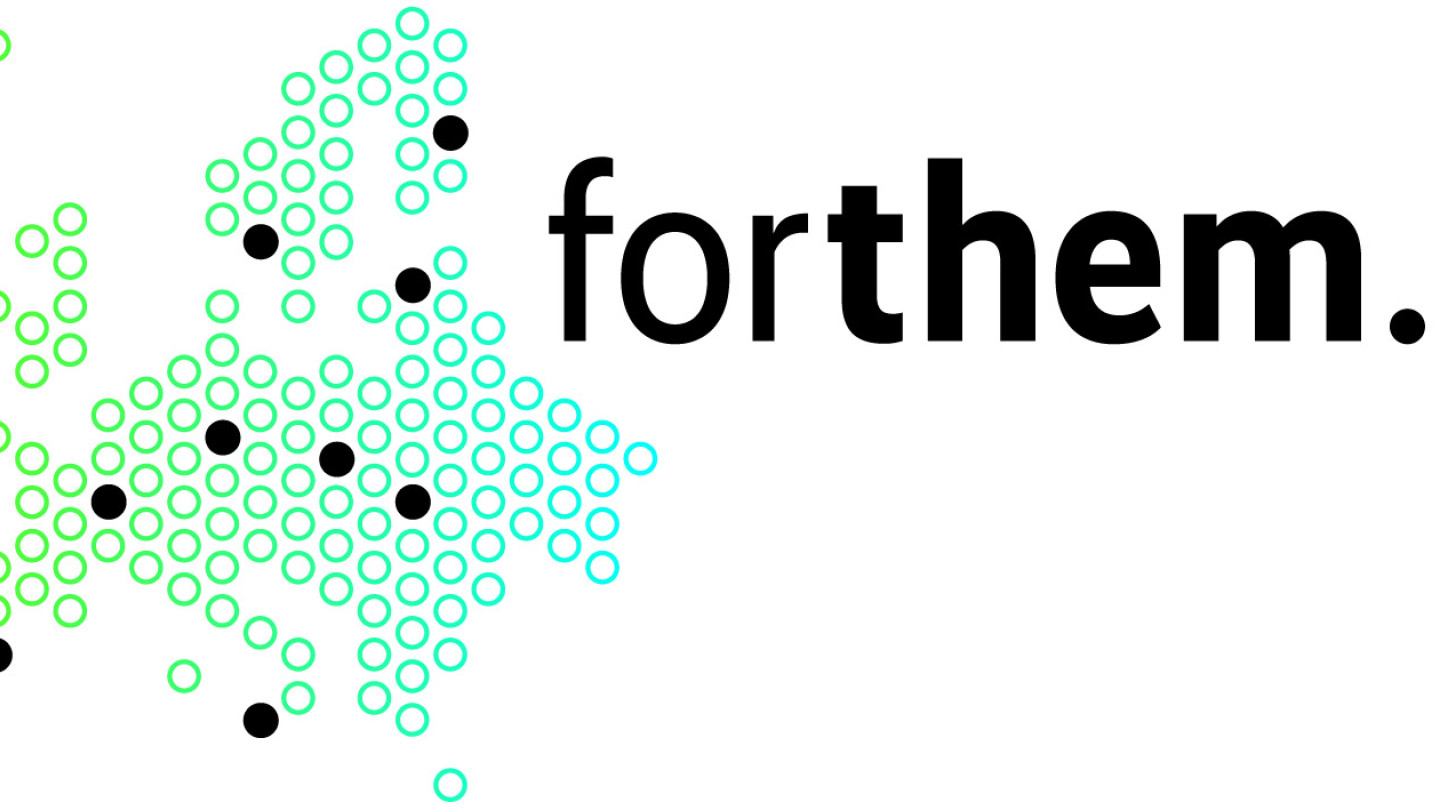Open to students, researchers, teachers and anyone interested, this workshop demonstrates the concepts of linguistic landscapes and schoolscapes through some main conceptualizations of language and language learning in educational contexts. Examples from ethnographic research invite participants to reflect on their own lived experiences and (envisioned) pedagogical practices.
The term linguistic landscape originates in Geography research that first focused on the presence of various languages in commercial signs in the 1970s. Expanding an early focus on written signs in public spaces, current definitions take a multimodal and multisensory approach. The concept of schoolscape in turn encompasses physical, institutional, societal, and virtual spaces of education. Schoolscape studies look beyond policy and language practices and frame language and educational practices as spatialized and embodied.
Tamás Péter Szabó (PhD) is Senior Lecturer of multilingualism and the internationalisation of teacher education in the Department of Teacher Education as well as Adjunct Professor of Linguistic Landscape studies in the Centre for Applied Language Studies at the University of Jyväskylä. In his schoolscape studies, he focuses on multilingual pedagogies and methodological innovations. Further, he develops pre- and in-service teacher education courses for the creative renewal of learning environments. In the FORTHEM Alliance, Tamás is Alliance level coordinator of Multilingualism in School and Higher Education Lab and co-chair of the Labs and Co-creation Mission Board.
This workshop is a joint session of the FORTHEM Campus course Approaches to Multilingualism and the FORTHEM Digital Academy course Multilingual Learning Environments, both developed by contributors of Multilingualism in School and Higher Education Lab.
Registration via this form is required for participation. You can join via Zoom as well; you receive the Zoom access link upon registration.
More information
Tamás Péter Szabó
Senior Lecturer, Adjunct Professor
Department of Teacher Education

